August Reads
An accidental collection of books inspired by real events + some speculative sci-fi.

Welcome back to Martha’s Monthly, August Reads edition! I would like to extend condolences to us all that the beginning of September marks the end of summer. Hopefully you can be inspired by a book within this newsletter to read the summer ending blues away! Interestingly, a lot of the books I read in August were inspired or based on real events.
So here are my August reviews with my ‘buy, borrow or bust’ system. For those who are new - ‘buy, borrow, bust’ is a variation of a ‘yes, maybe, no’ recommendation key. (PSA this post will be too long for an email, so make sure you open it in browser!)
‘Venomous Lumpsucker’ by Ned Beauman was my first August read. ‘Venomous Lumpsucker’ was the 2023 winner of the prestigious Arthur C Clarke Award for best science fiction novel. Venomous Lumpsucker is a satirical, near-future sci-fi adventure centred around climate change, or more specifically, mass species extinction. This mass extinction is being wrought by nation states and multinational conglomerates. Think of an extreme fusion of climate change activism and capitalism (I guess that might be our future.) This mass extinction leads to the formation of the transnational World Commission on Species Extinction (WCSE) and the concept of tradable extinction credits. These credits give the right to wipe out a species from the face of the earth, unless they are proved to be an ‘intelligent’ life form.
Here, we are introduced to the main story line, a species of fish called the Venomous Lumpsucker. The Venomous Lumpsucker’s intelligence is being investigated to see if it can be wiped out by a company who would like to mine for oil in its coral reef home. Through massive cyber attacks, nanotechnology, tech billionaires and the fragility of the stock market credits, Beauman weaves together an equally perceivable and horrifying prediction of the future of climate change on our planet.
It is relentlessly funny and depressing in equal measure. The ideas that are discussed throughout this story are incredibly interesting, albeit slightly hard to follow at times due to being explained in excessive detail. Making speculative climate change fiction funny is hard, and yet Beauman brilliantly and cleverly pairs satire of neoliberalism with mass extinction. The characters are incredibly unlikeable, which I can often find hard to gel with, but there were some glimmers of likability within them. Venomous Lumpsucker reminded me slightly of ‘Migrations’ by Charlotte McConaghy, but a lot better. I hated migrations because it was too depressing, but Venomous Lumpsucker’s continual wit saves it from the same fate.
I would recommend this book if you like speculative, near future sci-fi, mass extinction, technology or finance. I enjoyed it. At parts my attention waned as the story's pacing isn't consistent so I’d recommend this a borrow. I am glad I read it because of the thought provoking nature and alternative view of what the future of humanity might look like. Beauman pulls the rug out from under your perception of morality.
‘Mother Night’ by Kurt Vonnegut Jr. While awaiting trial for war crimes in an Israeli prison, Howard W Campbell Jr writes down his memoirs. Why is he awaiting trial? Because he worked as a Nazi propagandist under Goebbels. Though, that was after he agreed to become a spy for the US military and infiltrate the Nazi Party as an avid member. Howard is a double agent. So, is Howard really guilty? Is this something where a verdict can even be reached? Who really are you if you pretend for most of your life you’re someone you’re not? As he recounts his life, Howard repeatedly touches on the question which haunts his existence; does pretending to be evil in the service of a good cause still make you evil?
It is becoming increasingly difficult for Howard to stay afloat, as he feels his personality is split into two halves; a valuable spy serving the United States of America and a prolific Nazi Party propagandist whose speeches condemn hundreds of thousands of innocent people to death. ‘Mother Night’ is a story packed full of questions on morality, beliefs and what they can represent. With a fantastical weave of historical fiction, tension and dark humour Vonnegut writes a really exceptional book.
What makes this story even more interesting is Vonnegut’s personal history. Vonnegut was a prisoner of war in Dresden, Germany during the saturation bombing which devastated the city near the end of the Second World War. This experience formed the basis for this novel, which makes the exploration of morality throughout the novel even more interesting. Funny, punchy, and captivating, the story challenges the perception that the world is black and white and suggests its shades of grey. I would unequivocally recommend this book, a total buy. Anyone who has previously read his work would enjoy this. And those who have never read any Vonnegut before, this is a great place to start.
‘Small Country’ by Gael Faye. ‘Small Country’ is the vivid and evocative coming-of-age tale of ten year old Gabriel, set against the backdrop of the Rwandan Genocide and the Civil War in Burundi. In 1993 Gabriel lives in Burundi in a comfortable expatriate neighbourhood with his French father, Rwandan mother and little sister. We are enveloped into a joyful, idyllic, playful and safe childhood in the cul-de-sac. But this innocence is suddenly shattered by the brutal tides of history.
Faye’s skilful writing impressively creates a narrative rich with complexity. The story carefully explores genocide and its ability to shatter childhood safety. It almost feels like two different stories. The innocence and quietness of the first half serves to highlight the changes that war brings and loss of innocence in the second half. The author does not spare the terror that came with the violence, and reminds the readers how living in these conditions became the new normal. The story holds a powerful quote which encapsulates the tone of the book;
‘Genocide is an oil slick; those who don’t drown in it are polluted for life’.
The novel is based on Gael Faye’s own experiences growing up in Burundi during this period, however the author has stressed the book is not autobiographical. I would label this book a buy and completely recommend it. As well as a gripping and moving tale which is immensely readable, it is also insightful and educational. As a reader you really feel Gabriel’s pain of being exiled from his childhood and thrust into this unknown and terrifying world of hatred and violence. It was a beautiful read.
‘Kaikeyi’ by Vaishnavi Patel. This was a rogue pick for me, as I don’t warm to mythological fiction in general. I was admittedly drawn in by the cover in a bookshop and that was clearly enough for me to be compelled to buy it. ‘Kaikeyi’ is the fictionalised story of the great ancient Indian epic Ramayana. Kaikeyi is a character within Ramayana and one of three wives to the King of Ayodhya. Traditionally, Kaikeyi is villainized as an evil step-mother as she exiles the noble Prince Rama. However, Patel wanted to write her own version of Kaikeyi’s perspective and explore how she fell from celebrated warrior and beloved queen to an evil traitor. We follow Kaikeyi from an infant abandoned by her mother, to an adolescence surrounded by her brothers. She discovers she has magical powers and transforms into a highly esteemed warrior, diplomat and queen. The life she leads clashes with the destiny the gods have chosen for her family, and she comes at odds with the powers that be. She is put in an incredibly difficult position and has to choose between her legacy or what is right for the kingdom.
‘Kaikeyi’ is a powerful anti-heroine who is allowed by Patel to be just as messy and morally grey as her male counterparts. Her character is written with complexity and Patel explores misogyny and patriarchy through her well. I enjoyed reading and learning about Indian Mythology, something I have never come across before. I think it was ambitious of Patel to redeem such a infamous villain, the archetypal wicked stepmother. I cannot comment on the complete effectiveness as I do not know the story of Ramayana at all. However, I will say this book was engaging and easy to read. It was an intriguing retelling about family, sacrifice and power. At times the pacing was quite inconsistent which was frustrating.
I think if you like mythological and fantasy fiction, you will definitely enjoy this. It reminded me slightly of ‘The Wolf Den Trilogy’ by Eloide Harper or ‘Circe’ by Madeline Miller. I would say this is a borrow, if it sounds like something you would enjoy, you probably would.
‘Killers Of The Flower Moon’ by David Grann. This masterpiece narrative nonfiction blew me away. Based on years of research and uncovering of new evidence, ‘Killers Of The Flower Moon’ reveals a series of sinister secrets and a horrifying part of Native American history. Osage County, Oklahoma, in the 1920s was where the richest people per capita in the world were to be found. Why? Oil. Oil was discovered beneath their land and the Osage Indians discovered untold wealth. Then, their mass murder began. Members of the Osage Tribe started to be killed off one by one. Due to the nature of policing at the time in America, there was little in the way of investigation and justice for the Osage. As the death toll climbed exponentially, the enormity of the case became too significant for the federal authorities to ignore, and it sparked the birth of the FBI. The FBI took on the case, and began to expose one of the most unnerving conspiracies in American History. It is utterly compelling, horrifying and emotionally devastating. It reads like fiction, and is at times unbelievable. This read has been timed impeccably by me as on the 20th October, the Martin Scorsese adaption of this story is being released, featuring Leonardo DiCaprio and Robert De Niro. Here’s the trailer:
The book was so epic that I really hope the film does the story justice. And it sounds like it does, as following the world premiere in Cannes, ‘Killers Of The Flower Moon’ received a 9 minute standing ovation. More importantly, the Osage community has approved the film. Scorsese is reported to have spent time with the Osage community and navigating their culture with multiple Osage consultants. It is said that Scorsese’s approach ‘should be a template for filmmakers moving forward on how to make a film when it involves an Indigenous community’. This is encouraging, as this is a story steeped in so much unimaginable trauma and pain for the Osage community.
However, I will always be an advocate for reading the book before the film. I think reading this before the adaptation will give such greater depth and understanding to the story. Right now, I can only advocate for the book, which I recommend fiercely. ‘Killers Of The Flower Moon’ is a total buy. An utterly absorbing, horrifying and fascinating story.
‘The Last White Man’ by Mohsin Hamid. The story of ‘The Last White Man’ examines racism, bigotry and fear through magical realism exceptionally well. It is the story of changing colours and the disappearance of the white man. The opening line of the book reads;
‘One morning Anders, a white man, woke up to find he had turned a deep and undeniable brown’.
As we read, we learn we have a society where over time, everyone white turns dark, until there is only one white man left. Some see the transformations as the long dreaded overturning of the established order which must be resisted with excessive violence. A sense of profound loss and unease is coupled with love and acceptance as characters watch their friends and family become unrecognisable.
This is a story filled with ambitious social commentary around race and thought provoking questions. The prose presents a fusion between social constructionism and racism with a science fiction and dystopian feel. Hamid explores the nuances of skin colour through the idea that it is subject to change. Provoking the idea that perhaps only when skin colour changes those who are white is their prejudice and discrimination truly confronted. I enjoyed this read a lot, and even more so the conversations it encourages. I would definitely recommend this and call it a buy.
‘The People in The Trees’ by Hanya Yanagihara. Earlier this year I read ‘To Paradise’ by Yanagihara and thoroughly enjoyed it so I was eager to read more. I read ‘A Little Life’ 8 years ago and couldn’t finish it, as at 15 years old I found it too much (if you know, you know). ‘The People in The Trees’ was her debut novel and is a story of anthropology, scientific discovery, moral relativism and man's inhumanity. We meet a young doctor called Norton Perina and in 1950 he joins the anthropologist Paul Tallent for an expedition to the remote Micronesian island of Ivu’ivu in search of a rumoured lost tribe. This lost tribe is also rumoured to have the possibility of eternal life and immortality. What Norton and Tallent discover is remarkable, earning them worldwide accolade and fame.
However, we know how this goes. A white man ‘discovers’ a new population, and the result of their interference is horrifying. ‘The People in The Trees’ is a fictional take on colonialism and white saviorism spun with questionable morality and ethics under the umbrella of scientific discovery. The book purports to be the memoir of celebrated scientist Norton Perina, edited by his colleague and admirer, after Dr Perina is jailed for rape, sexual assault and endangering a minor. Yanagihara presents us with a compelling backstory told by an unreliable narrator and drives readers from their comfort zones. As the reader we are gripped until the very last sentence as we try to decipher what is true. The questions that arise throughout are provocative; when we intervene where we are not meant too, how can anything but disaster follow? What is the price we place on progress? Where is the line between discovery and misappropriation? How should we view a man with a great mind but a disgraceful personal life?
Interestingly, this story is based off the real case of Daniel Carelton Gajdusek, an American medical researcher who was known for his work on ‘Kuru’, a rare incurable neurodegenerative disorder that affected people of Papua New Guinea. He was also convicted for child molestation in 1996. I was even more horrified when I learnt that this is based on a real person. The story is so smartly woven and it is miraculous how masterfully Yanagihara writes. The content is devastatingly horrific and touches on thought-provoking and sensitive issues such as abuse of power and moral relativism. I would recommend this book to those who wish to be morally challenged and like to approach topics with an open mind. It was incredible and I left it feeling completely stunned and a bit lost for words. In my eyes, a complete buy. Fiction is a place for moral exploration, and I think Yanagihara did such an impressive job.
‘Nightcrawling’ by Leila Mottley. ‘Nightcrawling’ is the story of our protagonist Kiara who lives in Oakland California with her brother Marcus. Both have dropped out of high school and their parents are long gone, a family fractured by death and prison. They are still children who are quickly drowning in adult responsibilities, struggling to be able to eat and pay rent. Kiara is also looking out for Trevor, a nine year old boy next door whose mother has abandoned him. By being forced in a gruelling position where Kiara can’t find work, she feels has no choice but to take to the streets and become a sex worker (or as the book calls it, nightcrawling) to make money to survive.
Nightcrawling gives Kiara a slither of possibility to feed herself and try to pay rent, but it breaks open her world and puts her in unbelievably dangerous situations. One of these dangerous situations is becoming a central witness in a massive scandal with the Oakland Police Department. ‘Nightcrawling’ was Mottley’s debut novel aged only 19, and one loosely inspired by the 2016 Celeste Guap case, in which Oakland police officers were criminally charged for sexual abuse of a teenage girl.
The content of the story is heavy, frustrating and very sad. It is hard to read and filled with abuse and sexual manipulation. I simultaneously enjoyed and didn’t enjoy this read. It is a moving attempt to explore the relationship between black women and law enforcement. ‘Nightcrawling’ started slow, with the story being rooted in a slight playfulness, setting the stage for how young Kiara really is. By the second half of the book we are catapulted overnight into a dangerous and scary world, mirroring how terrified Kiara would have felt. Mottley doesn’t reduce Kiara to just a victim and gives her a rich inner life and individuality. However I didn’t always feel engaged with the writing on the page. Some of the key scenes at the end felt rushed, while others too drawn out. ‘Nightcrawling’ is about the disturbingly warped relationship between the police and the people they are supposed to protect.
On the surface it’s a stark portrait of poverty, racism, sexual violence and broken systems in America. Underneath, it's a harrowing and uncomfortable read that at times didn’t feel like a fully formed story. I enjoyed the themes it touches upon and learning about the inspiration of the book. But I didn’t feel completely compelled by the writing and at times it felt clunky so I wouldn’t hugely recommend it. I’d say this book is a borrow.
And because August Reads is about everything I have read in August, I felt compelled to include this too. I’ve also been reading my latest issue of SICK Magazine which is an independent magazine by chronically ill and disabled people. It’s wonderful.
And that concludes my August reading! Thank you for reading this post, I appreciate it! For my September reading I have just started ‘Solito’ by Javier Zamora, which is a memoir of how Javier migrated from El Salvador to the United States aged nine. It’s a remarkable story.
Let me know what you have read and enjoyed in August, or which book from this newsletter you’d most like to read. I’d love to know.
Happy Reading! Love Martha
Want more Martha’s Monthly book content? Catch up on what you might have missed here:





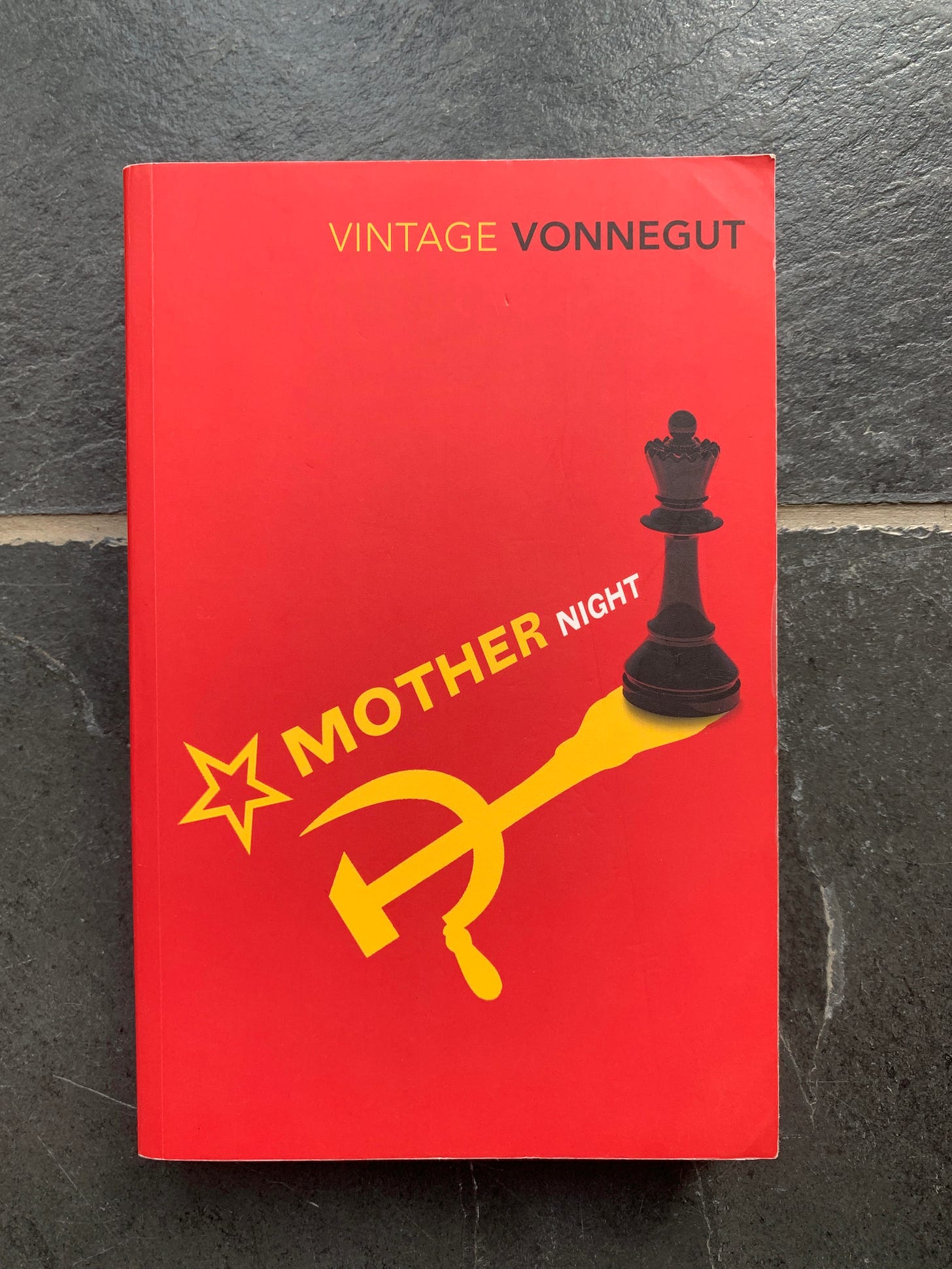
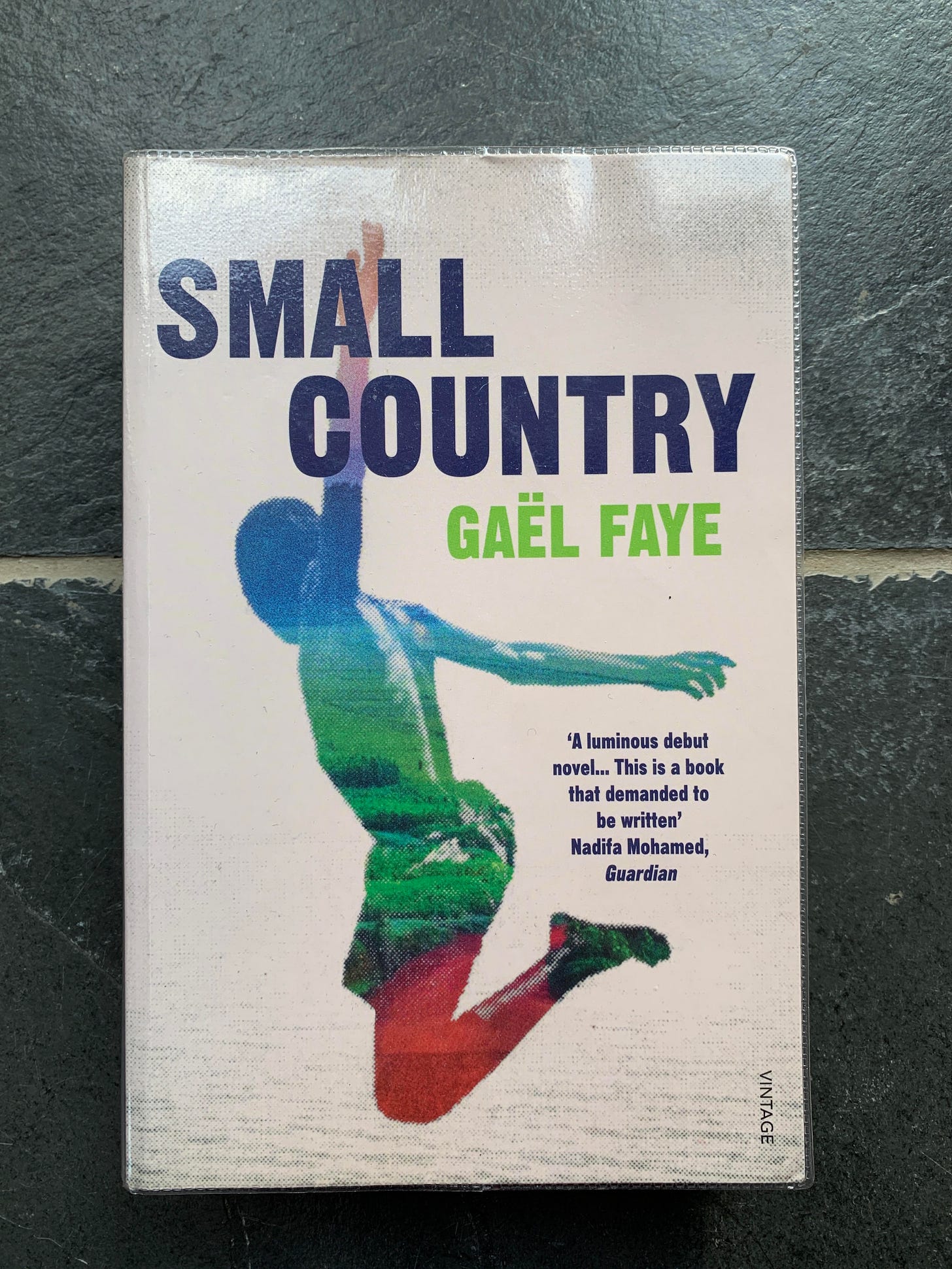
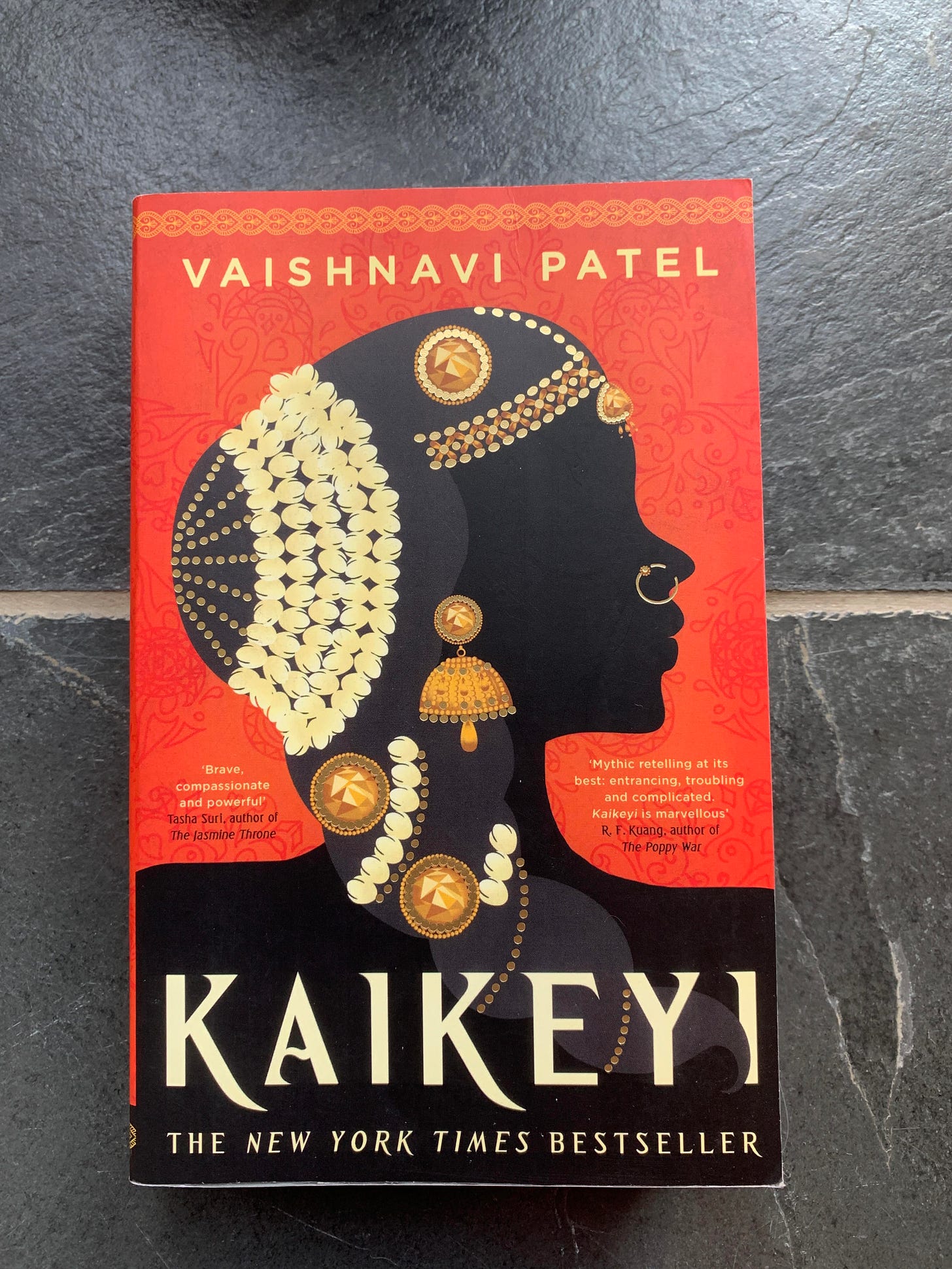
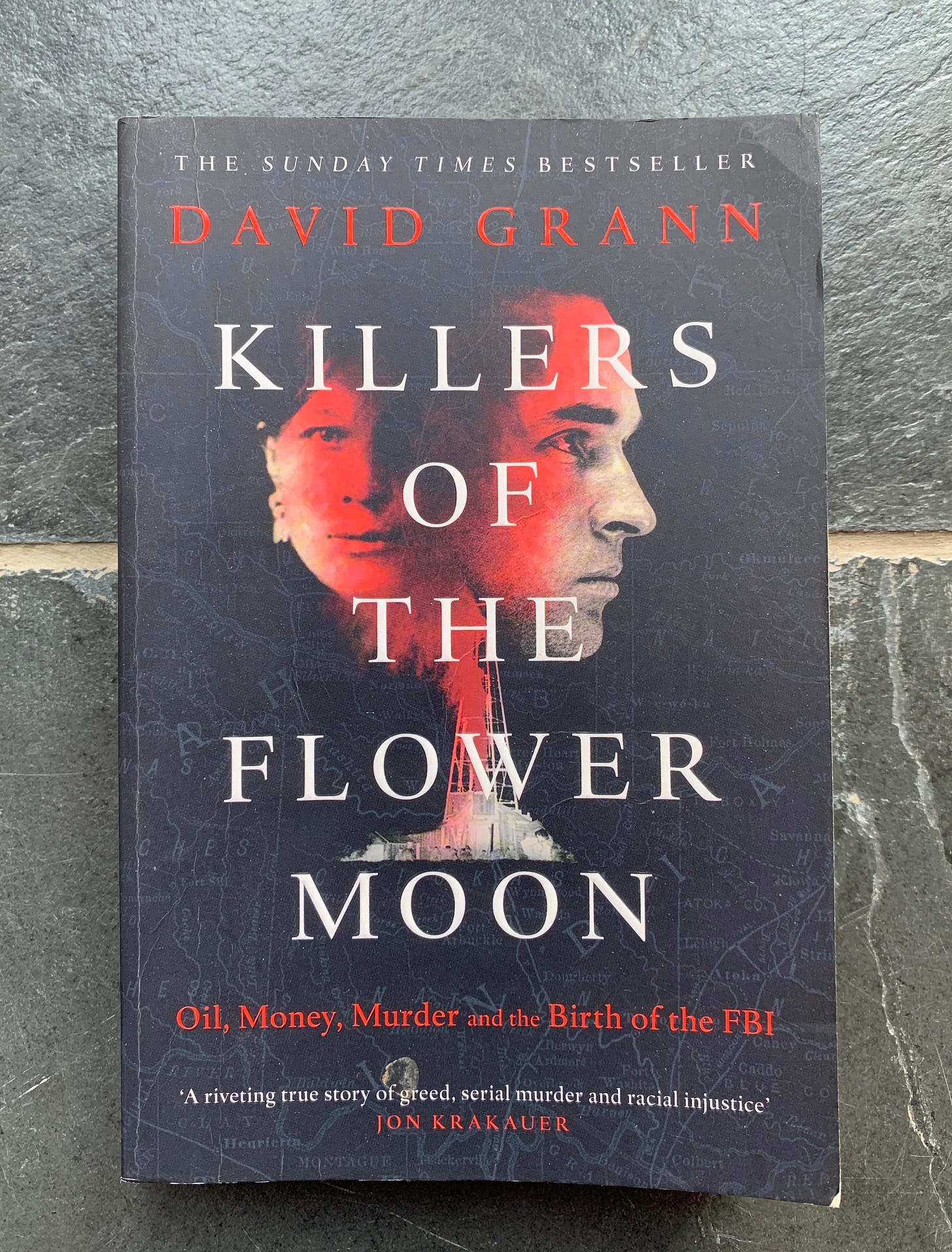
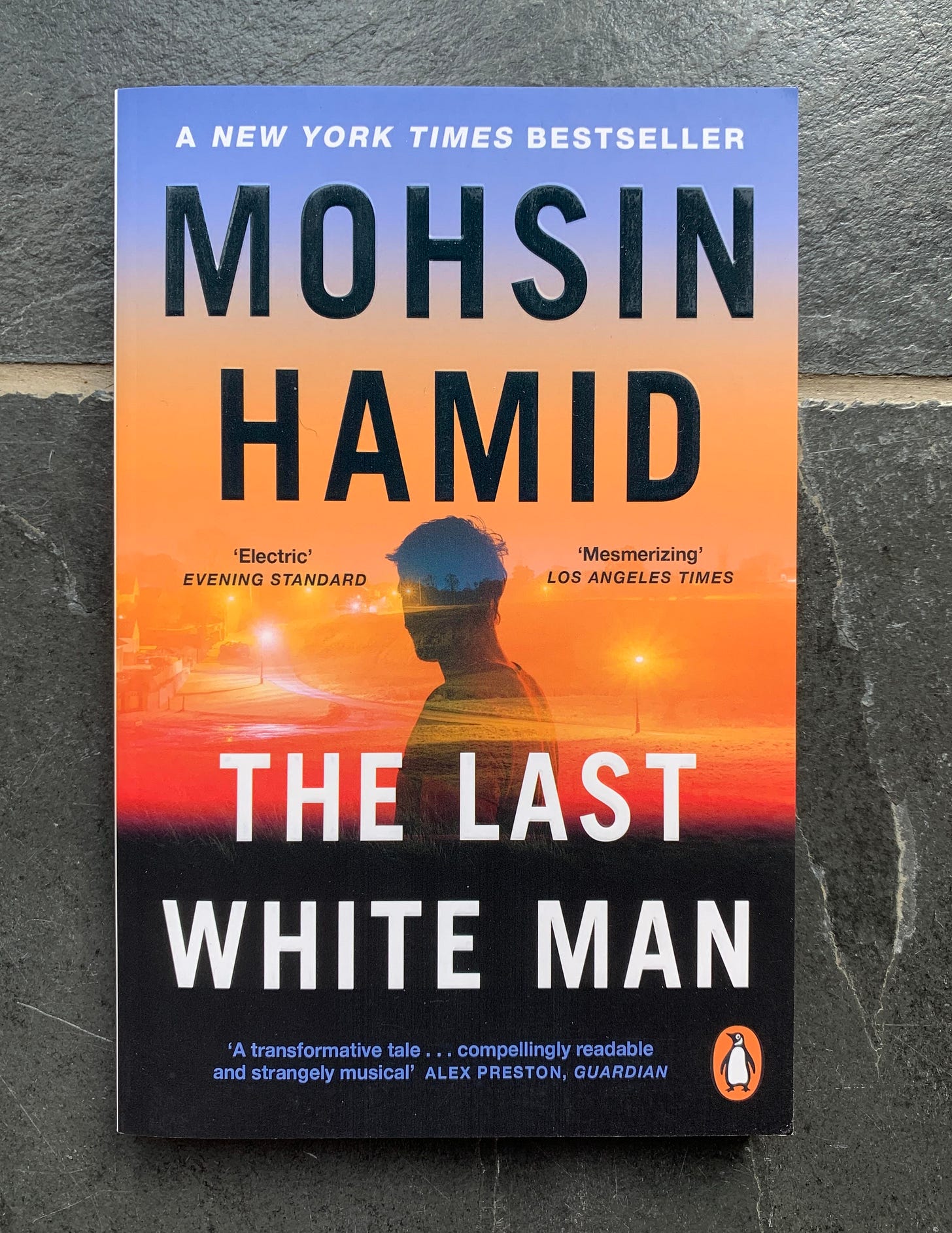
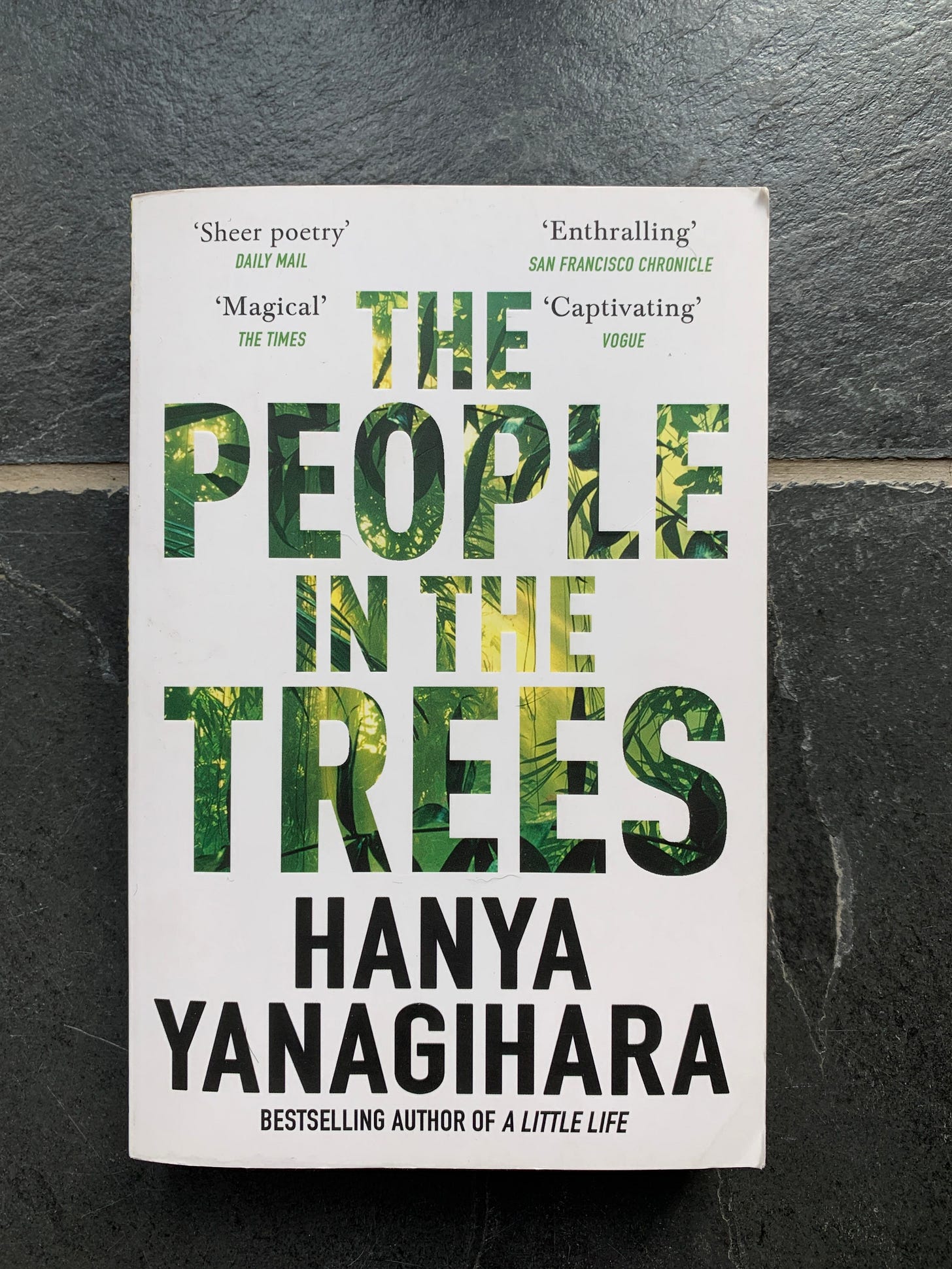


Kaikeyi has been on my shelf for some time. Maybe I'll finally get around to it soon since I loved Circe!
Ooh, thank you for such a generous account of your reading in August. Venomous Lumpsucker and Killers of the Flower Moon have gone straight on my wish list. August was an unusually quiet month of reading for me as I engaged in a reading deprivation week but Pessimism is for Lightweights: 30 pieces of courage and resistance from Salena Godden was the highlight.